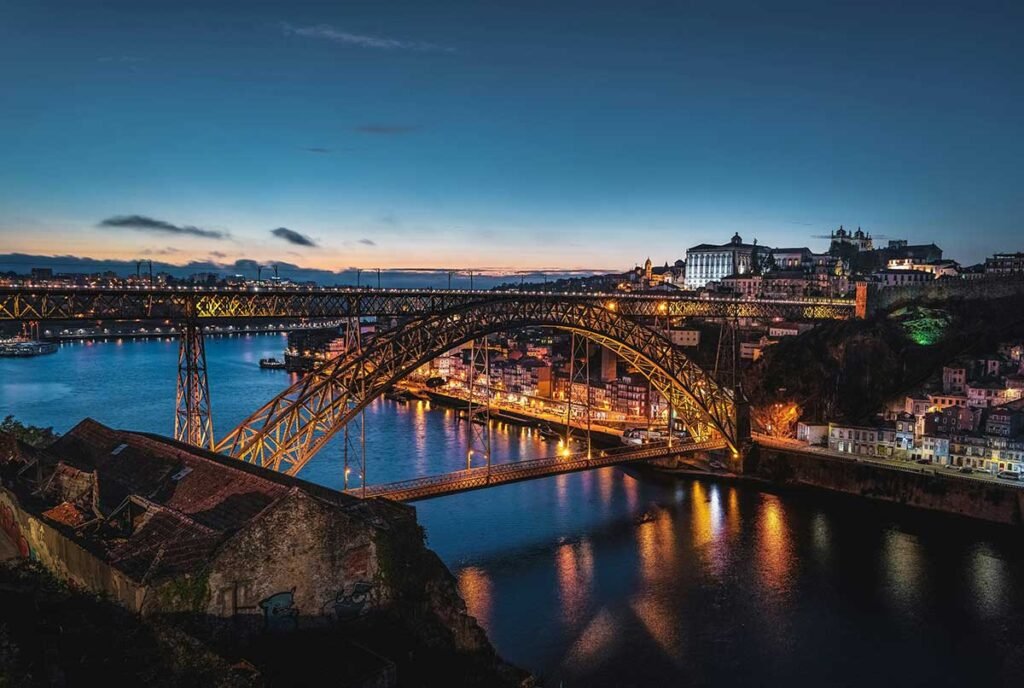Family reunification, access to the National Health Service, self-employment and access to the National Education Service in Portugal are some of the many rights that residence in Portugal guarantees.
According to Forbes, Portugal is the best country in the world to live. The reasons?
Among dozens of positive factors, safety, low cost of living, climate, the most beautiful beaches, culture and gastronomy stand out. Portugal is, therefore, one of the countries that offers the best conditions to enjoy a peaceful retirement or take advantage of other passive income resources without waiting for retirement. To all this, there is also the ease of obtaining a Visa.
We then explain what you need to know about the residence visa for retirees or holders of other passive income, the so-called D7 Visa.
Who can apply for the D7 Visa?
This can be granted to any non-EU/EEA/Swiss citizen who has a regular passive income.
This income can be retirement income, or another source of passive income whether through intellectual property, real estate investments or financial investments.
One of the main requirements is to prove that you have the minimum income, in accordance with Portuguese law, which allows you to reside in Portugal for a period of no less than 12 months.
Let’s see: the applicant must prove an annual income of €760 x 12 months = €9,120 per year, plus 50% of said income for the spouse and 30% for each dependent child. You must also have documentary proof of having accommodation in Portugal (owning a property or having a rental contract). And have documentary evidence of having a reasonable net regular passive income (pensions, dividends, rent and more).
How does the procedure unfold?
There are only two phases: the first at the Portuguese Consulate or Embassy in the country where the applicant lives or has official residence, and the second at the Foreigners and Borders Service (SEF) in Portugal.
What are some of the main benefits of the D7 Visa in Portugal?
Allows you to enter and travel within the Schengen area without a visa.
Allows you to obtain a residence permit in Portugal for one year. After that, you can extend it every two years.
After five years of legal residence, you can apply for a permanent residence permit or you can also apply for Portuguese citizenship through naturalization, as long as you pass a Portuguese language test favorably.
As a Portuguese resident will I have access to health services or other rights?
After becoming a resident in Portugal, you acquire the right to certain State benefits:
Family reunification;
Access to the National Health Service;
Self-employed professional activity;
Access to and protection of Portuguese law and legal system;
Access to the National Education Service and schooling in Portugal;
Once you have the D7 visa, your family will be able to accompany you in Portugal;
Possibility of becoming an RNH resident:
Portugal has a special tax program known as RNH (non-habitual resident). Under this program, you will be exempt from taxes or have a significant reduction in paying taxes on your foreign-source income.

